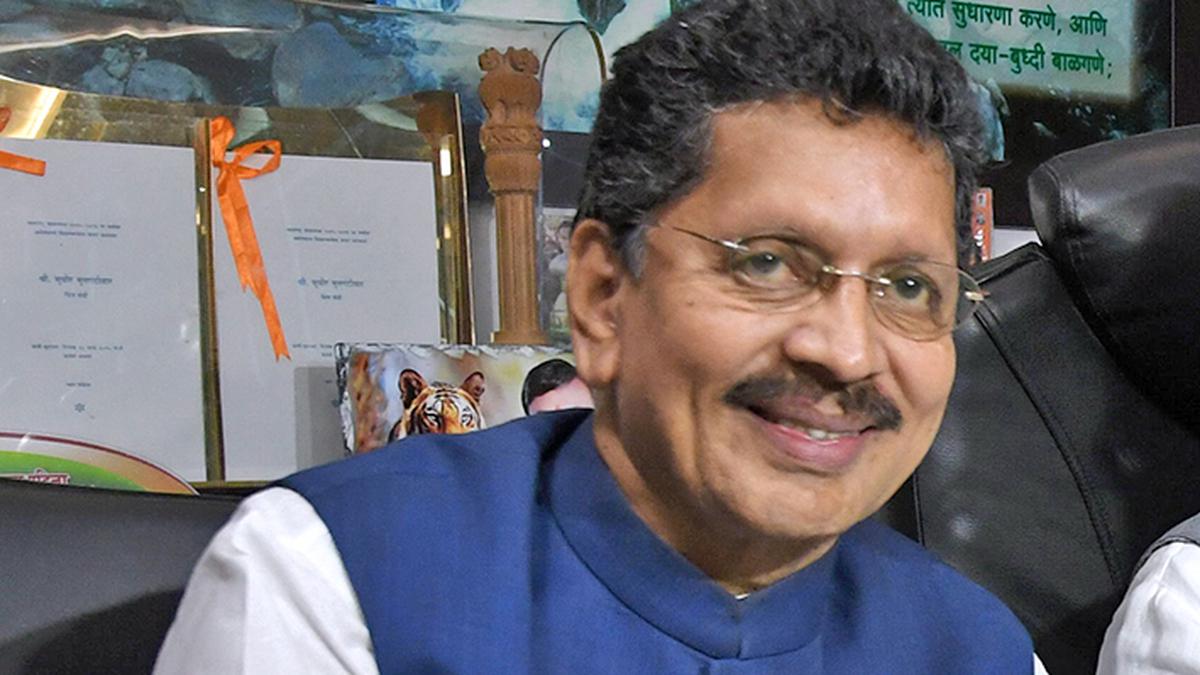
Shinde would have shot himself had his revolt failed, claims Minister Kesarkar
The Hindu
“Maharashtra’s public ought to know that Mr. Shinde is not just a true Shiv Sainik but a splendid human being”
Present Maharashtra Chief Minister and Shiv Sena leader Eknath Shinde would have “shot himself” had his revolt failed last year, revealed Shinde camp Minister and spokesperson Deepak Kesarkar on Wednesday.
Mr. Kesarkar, a key member of the Shinde-led Shiv Sena faction, said Mr. Shinde had revolted to save “Maharashtra’s pride” in the same manner in which present Nationalist Congress Party (NCP) president Sharad Pawar had revolted back in 1978, remarking that the rival Sena faction led by former Chief Minister Uddhav Thackeray had “no right” to call Mr. Shinde and his MLAs as “traitors.”
Mr. Kesarkar’s sensational claim comes at a time when the sabre-rattling between the rival Shiv Sena camps reached a crescendo following their respective party ‘Foundation Day‘ celebrations this week on June 19.
“Maharashtra’s public ought to know that Mr. Shinde is not just a true Shiv Sainik but a splendid human being… I had never spoken about this before the media, but during his revolt last year, Mr. Shinde had expressed doubts that if his rising did not succeed, he would send back all the Shiv Sena MLAs who joined him,” said Mr. Kesarkar, who is the Education Minister.
“Mr. Shinde said he would not only send these MLAs back, but that he would make a phone call saying ‘I have made a mistake’ and would have shot himself… If the people of Maharashtra do not stand behind such a person, then behind whom will they stand?” said Mr. Kesarkar, remarking that Mr. Shinde was a person who deserved the affection of all people and that Maharashtra’s public ought to give him “a chance to show his work as Chief Minister.”
The Shinde camp spokesperson, usually restrained in his criticism of Uddhav Thackeray, lashed out at his former chief by alleging that Mr. Thackeray had allegedly insulted Mr. Shinde on the party’s ‘Foundation Day’ in 2022.
“You [Mr. Thackeray] insult your highest-ranking general [Mr. Shinde] on the occasion of the party’s Foundation Day…you behave in a high-handed manner, break all promises you made and refuse to see legislators for months together. And then, when Mr. Shinde revolts to save Maharashtra’s pride, you call him a traitor,” Mr. Kesarkar said.











